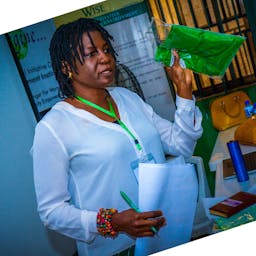Is your wife working?
Dec 19, 2017
Story
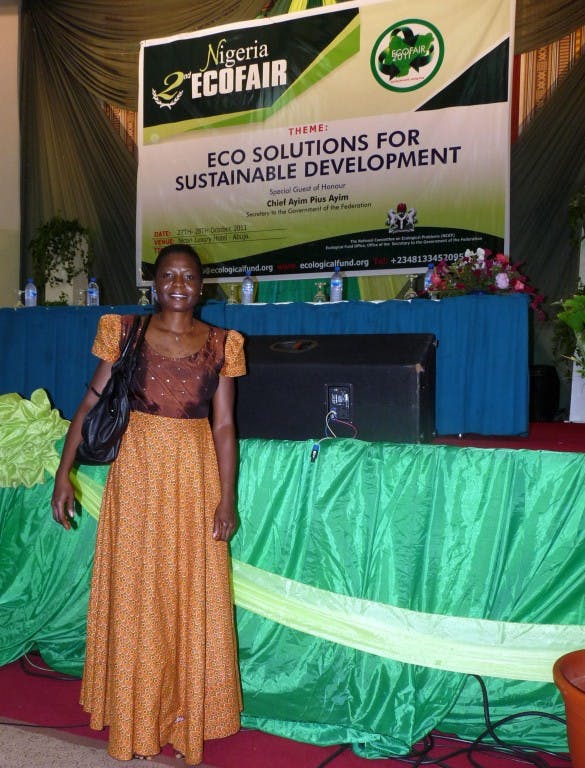
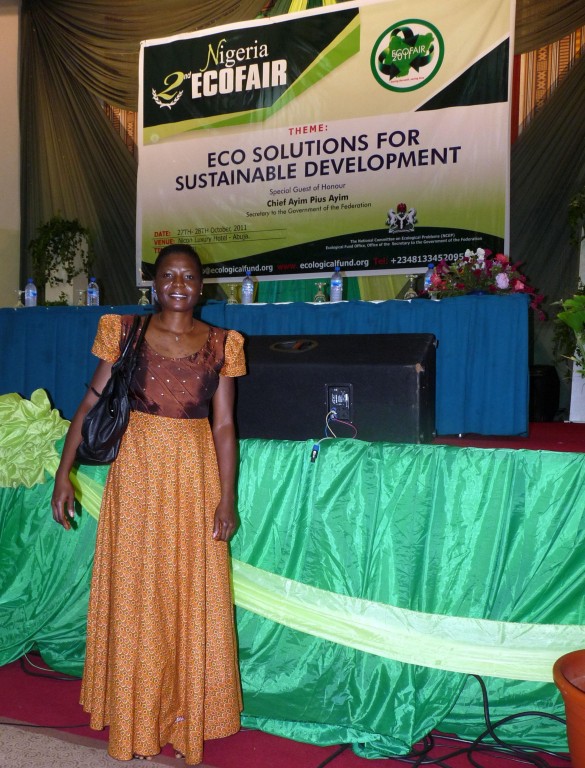
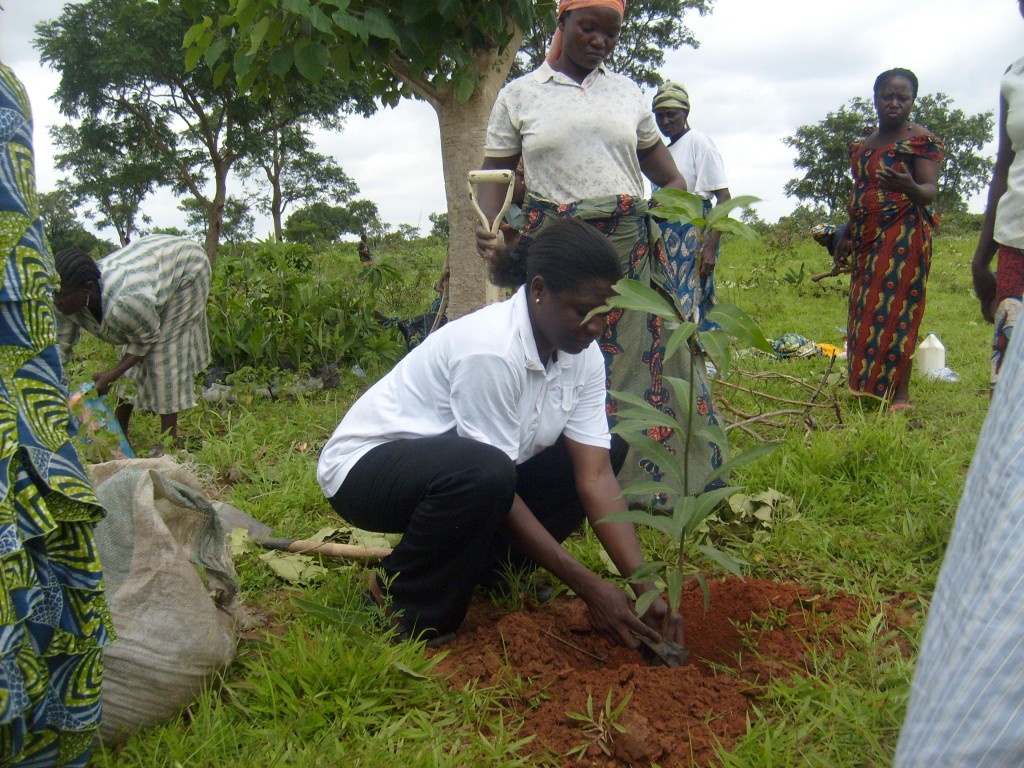
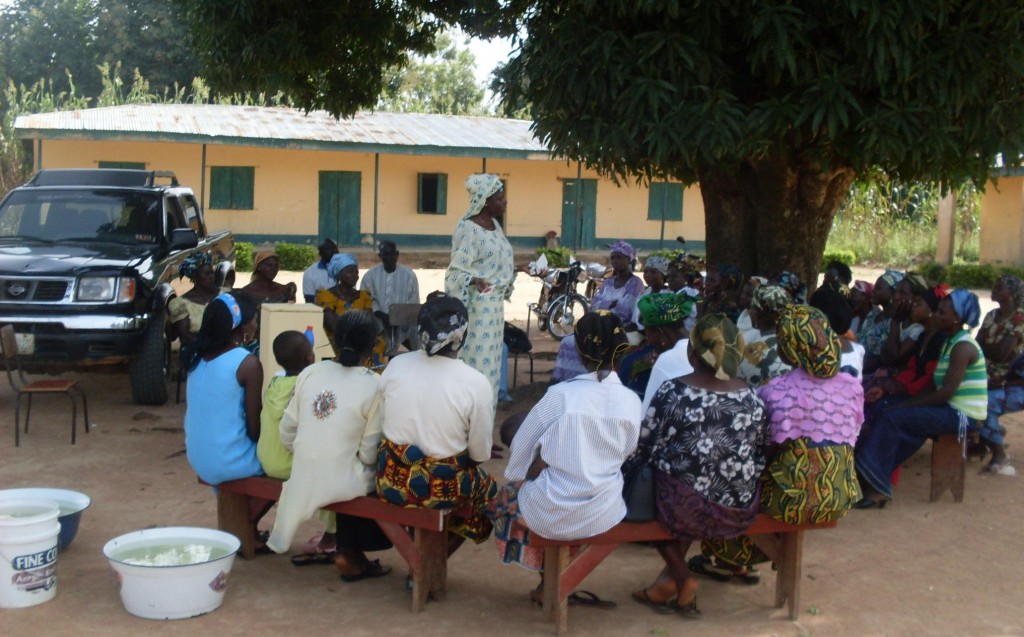
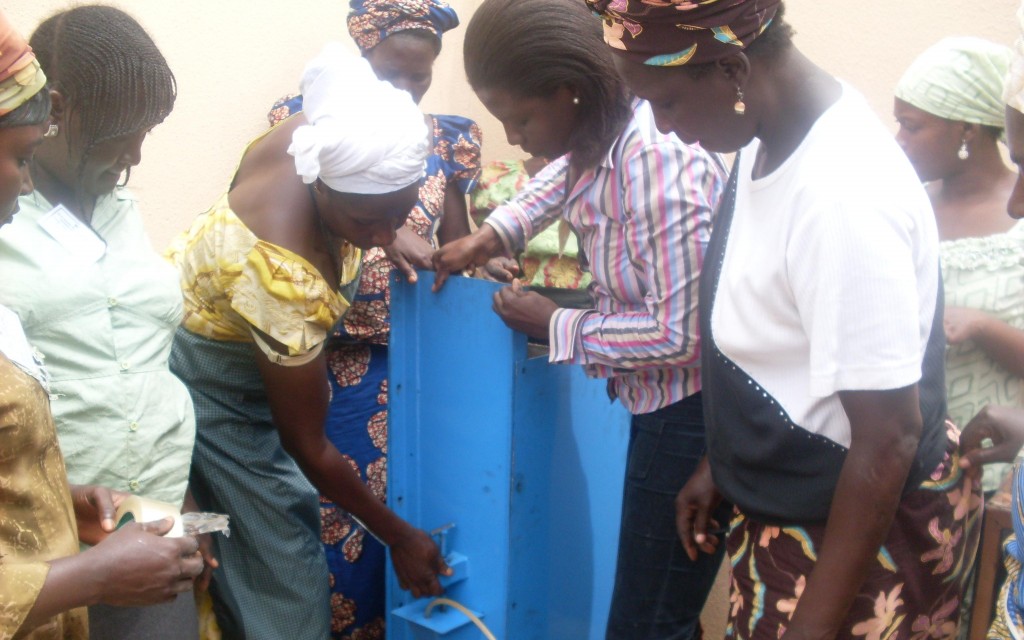
The socio-economic study team from Kaduna reached the proposed housing estate project site in a satellite community in Abuja, Nigeria at about 2.30 p.m. I was on this team, which was assigned the task of generating adequate socio-economic data required for an Environmental Impact Assessment (EIA) of the proposed housing estate.
By the next morning, we headed for the community leader’s residence; so we could intimate him of our mission to his district. Opposite his residence, I observed a group of busy women and children under a blossoming medium-sized tree. While the children played on, each woman seemed to be engaged in a form of activity- the only one standing was busy threading her customer’s long black hair.
Three women were trading their wares, the pregnant woman in their midst nibbled away on something she kept taking out of a small nylon bag on her lap, and others just chatted and giggled on. I approached the women and greeted them, “Sanun ku……………….. (Greetings to you all, my colleagues are over there, and we are here to conduct a socio-economic study in respect of an ongoing housing estate project in your community)”.
Prior to our arrival, I had already intimated my male associates that my focal respondents will be women, and also expressed my dissatisfaction with one of the questions in the socio-economic survey questionnaire. Question 39, which came up under the sub-section on employment status read, “Is your wife working? Yes/No”. This question raised a number of concerns on my mind and I queried its purpose.
I perceived that the person who designed the questionnaire, meant to be administered to household heads assumed that it was only men who held that position in a home; else it would have read “Is your partner working?” More so, I believe every woman is employed, it’s just that there are so many who are unpaid and unwaged; particularly full time housewives.
In the cause of the study, among other women, I met Rifikatu- a widow, farmer and landlady; and Mama Twins who shares a joint account with her husband from which they drew savings which they used to build their house. I also met Mama Boss who told me the story of how as a newly wedded bride, she contributed in no small measure to the construction of the house she now resides in with her husband and children.
She told me of how in her pregnant state, she would climb the Pape hills to fetch water for the construction of their home, and also contributed monies which she earned from her trading and tailoring businesses. In her own case, Mama Ajunwa is a full time house wife saddled with the traditional responsibility of tending the children, sourcing water and fuel-wood; while also giving her best to support her husband who is working towards building their own house.
Women’s voices are undoubtedly underrepresented in environmental studies and actions, yet they are nature’s natural nurturers and humankind’s producers, reproducers and promoters. The stories of these women gives credence to why women should be consulted and respected in determining the direction of environmental progammes and natural resource use aimed at ameliorating living conditions
EIA and Socio-economic surveys offer opportunities for women to actively participate in decision-making in the environmental sector, but time and time again, women are confronted with attitudes, methodologies and systems, that overlook or undermine their position and roles. Environmental studies and programmes are located and operated within strongly sexist and patriarchal settings.
As an environmental professional/practitioner and activist, I have concerns that Nigerian women typically lack input and influence over decisions that affect their everyday lives. Women are yet to gain influence in the environmental sector and that is why I continue in my drive towards making women’s voices heard.
Consequently, the VOF Correspondent opportunity will be used to inspire and mobilize women, and get them more informed and less vulnerable to the impact of environmental challenges. The avenue will be used to foster women’s representation, leadership and participation; and to also turn around the general prejudicial problems that militate against women’s participation in environmental protection and management. Together, women can crush or bridge the gender divide in the environmental sector.
